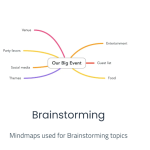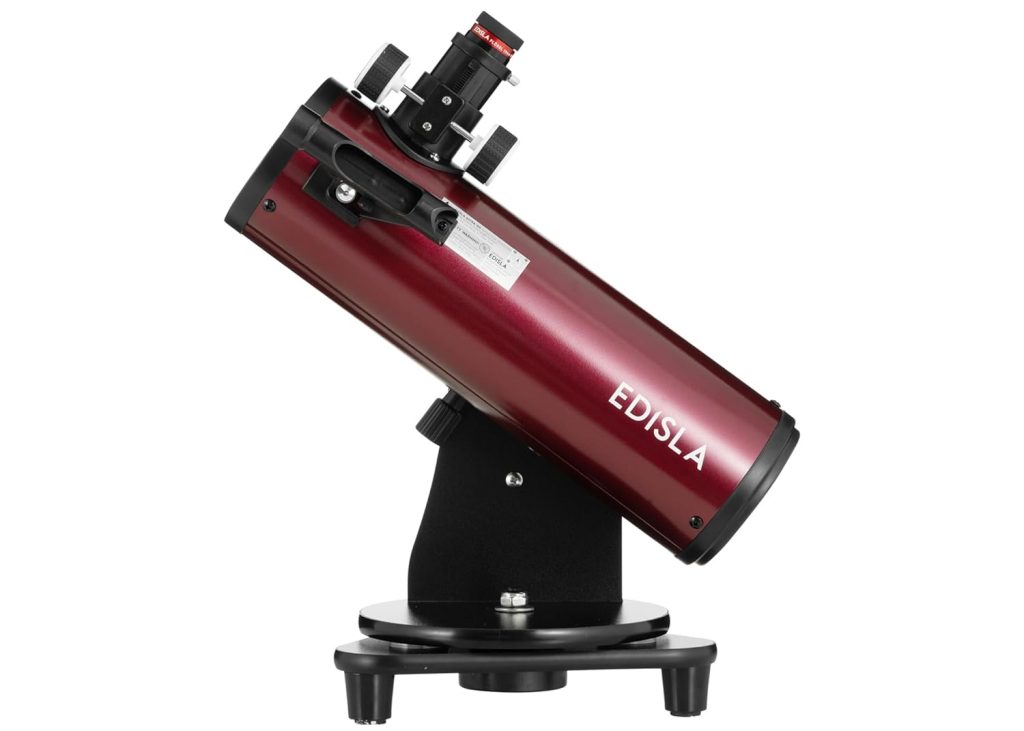Explore, Learn, Achieve: Your Physics Journey Starts Here
The vast expanse of the night sky has captivated humanity for millennia, igniting a sense of wonder and a thirst for knowledge. It’s no surprise then, that astronomy clubs have become hubs for fostering a love of science, particularly among students. But beyond the starry-eyed awe, these clubs offer a multitude of benefits that extend far beyond celestial observations.
Grooming Discipline: A Stellar Start
One of the most significant contributions of an astronomy club is the development of discipline in its members. Regular meetings, organized activities, and observing sessions necessitate commitment, time management, and a dedication to learning. These valuable skills translate effectively into all aspects of life, laying a strong foundation for academic and personal success. For instance, clubs can incorporate stargazing marathons, requiring students to plan their schedules efficiently to participate, or assign individual research projects on specific celestial objects, fostering independent learning and time management.

Bridging the Gap: Fostering Rapport Between Students and Teachers
Astronomy clubs create a unique space where students and teachers can connect beyond the confines of the traditional classroom. Shared passion for the cosmos fosters a sense of camaraderie and allows for open discussions and collaborative learning. This environment breaks down barriers, enabling students to see their teachers as mentors and guides, fostering a more positive and enriching educational experience. For example, club activities like guest lectures from professional astronomers invited by teachers, or joint observing sessions led by teachers, can create a collaborative learning environment where students feel comfortable approaching their teachers with questions and engaging in discussions.
Igniting the Spark of Research: A Launchpad for Curiosity
Astronomy clubs act as springboards for students to delve deeper into the fascinating world of scientific inquiry. Club activities, such as guest lectures on the latest discoveries in exoplanet research, discussions on the ongoing search for dark matter, or even simple observation projects like monitoring lunar phases or tracking Jupiter’s moons, pique students’ curiosity and encourage them to ask questions, explore theories, and potentially develop a life-long interest in research and exploration. Furthermore, clubs can partner with local universities or research institutions to offer students volunteer opportunities in ongoing research projects, providing them with firsthand experience in the scientific process.
Launching Your Own Astronomy Club: Essential Instruments for Takeoff
While the night sky itself is the primary “instrument” for an astronomy club, there are a few key tools that can enhance the experience for members:
- Star Charts and Planispheres: These resources help identify celestial objects in the night sky, making observations more efficient and enriching. Consider purchasing a planisphere specifically designed for your region to ensure accurate star identification. This device is available in Amazon.
- Binoculars: A good pair of binoculars, preferably with at least 7x magnification, allows for closer observation of celestial objects, revealing details invisible to the naked eye. Look for binoculars with good light-gathering capacity for better visibility in low-light conditions. Cason offers binoculars with video recording, impressive lens quality, photography features, and a 32 GB SD card at a surprisingly low price—perfect for recording and enjoying the view!.
- Telescopes: While not essential at the initial stages, telescopes offer a deeper look into the cosmos, allowing members to observe distant galaxies, nebulae, and other fascinating celestial wonders. Start with a beginner-friendly telescope, such as a Dobsonian reflector, which is easy to use and affordable.
The Takeaway: A Universe of Benefits Await
By fostering discipline, building rapport, and igniting the spark of research, astronomy clubs offer a plethora of benefits that extend far beyond the realm of astronomy. They empower students to become lifelong learners, fostering a sense of wonder and a deeper appreciation for the universe we inhabit. So, gather your fellow stargazers, equip yourselves with the essential tools, and embark on a celestial adventure together. The universe awaits!











